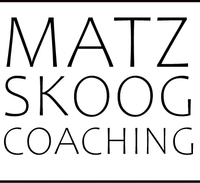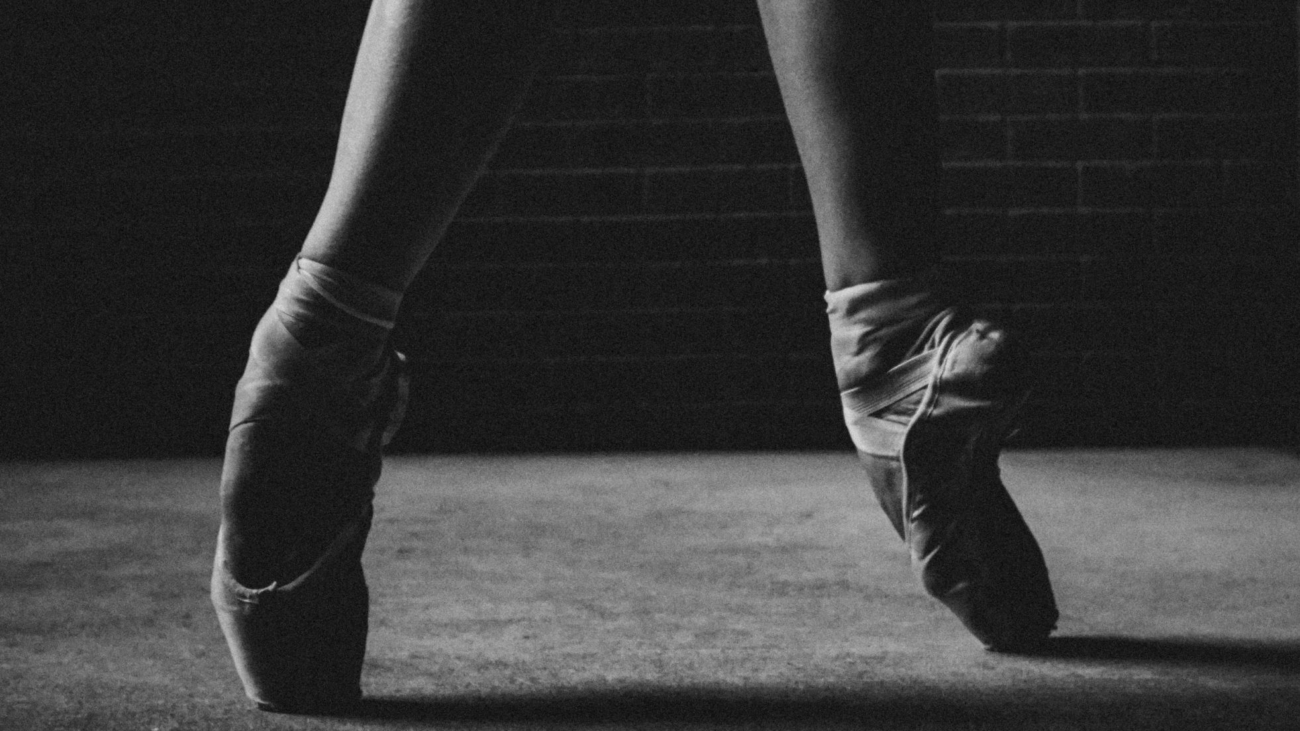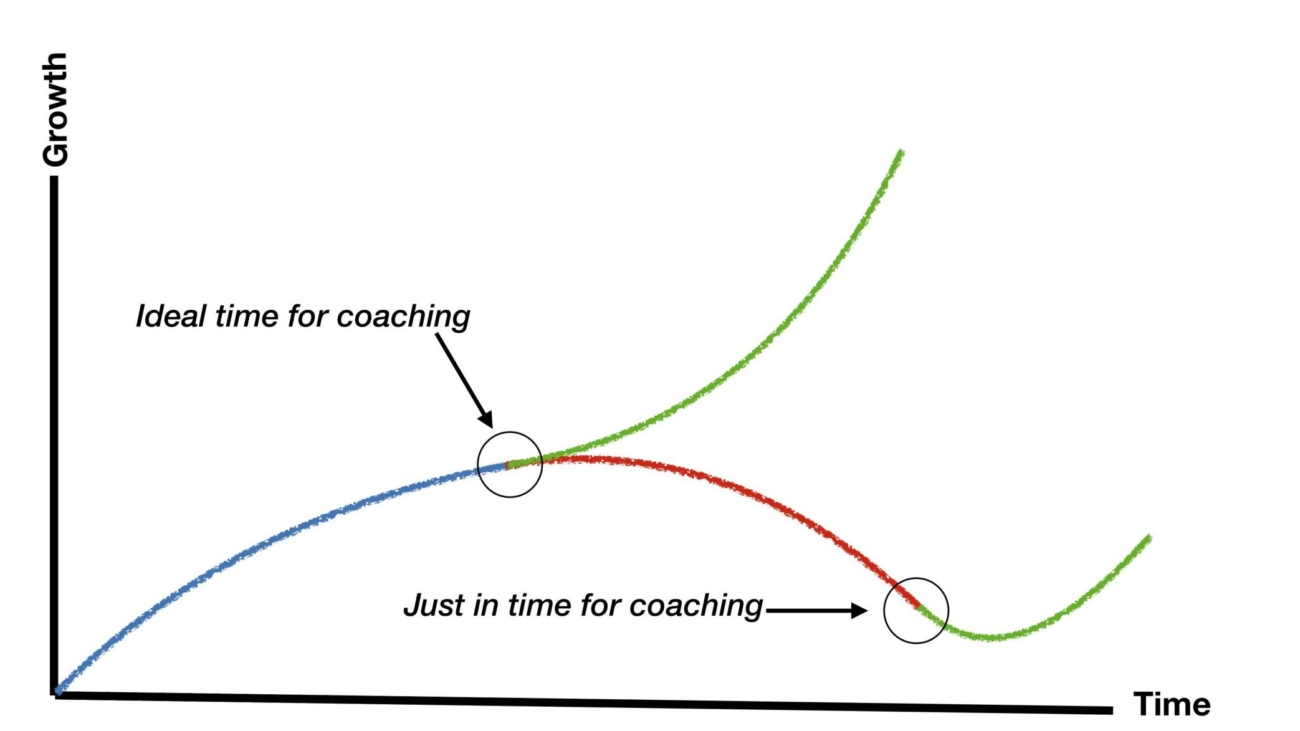Nearly fifty years in the business of ballet has allowed me to work alongside several generations of emerging dancers, as a colleague, as an artistic director and as a teacher and now as a personal development coach. Over the years I have experienced some of the good old days as well as some of the bad, but mostly what I have seen is exciting and positive change in our industry.
I often hear people of my generation starting sentences with—“in our day”… followed by lamentations over declining standards of professionalism and of how a younger generation is unappreciative of their predecessors’ achievements. It is true that I too look back on days of yore with some nostalgia from time to time, and I do not always “get” what happens in the world of dance today, and perhaps many fine values do run the risk of being lost in the process of change, but let’s not forget that some of the ideas and values that dominated our era were not all that great anyway and to be honest; many of our accomplishments were not necessarily worthy of preservation. I’m not dismissing the past, but we must be mindful that the needs and aspirations of every new generation of dancers will be different from those who went before them.
Young dancers of any generation are children of their own time. They have their own views on dance, on life and on art. The challenge for artistic directors and teachers is today, as it always was, to provide leadership, management and training that accommodate these ever changing attitudes; whilst at the same time safeguard knowledge and professional values that have evolved over decades. However, with the extraordinary pace of social change we experience today the gulf between past achievements and present aspirations is widening at an exponential rate, and the challenge of keeping abreast with progress is increasingly difficult.
Contemporary dancers seem to be faring better in these times of change than ballet dancers and I imagine the clue to this is in the word “contemporary”. The training of ballet dancers, however, is not one that traditionally encourages initiative and self-management. Ballet dancers are typically told what to do, how to do it, and when to do it. The profession is also one that by necessity demands an unusually single-minded focus from very early on in life. Whilst this can develop some very attractive qualities in a person it can have its downsides too.
Many ballet dancers lead relatively sheltered lifestyles, removed from demands of the “real” world outside of the ballet company. This somewhat rarefied existence can have detrimental effects, leading to insecurity and low self-esteem. Furthermore, in the ballet world, old-fashioned “command and control management” still dominates and because of long established patterns of behaviour people within the profession, even when they move into teaching and leadership positions, are unlikely to break from convention and so outmoded and destructive habits prevail.
It is in light of the above that I believe regular provision of personal development coaching for dancers may have a role to play in helping future ballet dancers move with the times more effectively. I’m not referring to coaching in the sense we normally associate it with ballet (and sport) but in the sense of non-directive coaching, or life coaching, as it is generally known, a concept in personal development that has virtually exploded onto the market since the late nineties.
Coaching enables a person to adopt a learning philosophy that will help them to develop effectively, deal successfully with change and meet challenges with confidence. It is about improving a person’s thought process, and to help them think—for themselves. The fit between dance and non-directive coaching seems to me so perfect that I think every ballet company should provide this to all its members as a matter of course—top to bottom.
Dancers that receive coaching for personal and professional development from the beginning of their careers would mature and become truly useful company members sooner, perhaps without having to go through some of the stress and insecurities many dancers experience in their late teens and early twenties. The self-awareness (as opposed to self-consciousness) that comes with coaching would help develop more grown up, emotionally balanced, and motivated individuals. Such professionals have more capacity for self-management and will therefore work more efficiently and effectively, as well as having a greater chance of reaching their full artistic potential, and as a result be more useful employees in a ballet company.
Ultimately I believe dancers that have received coaching would grow into professionals with a broader outlook on both life and profession, and with a greater potential for being proactive in the shaping of their own lives and careers. And so, perhaps, artists with the capacity to move with the times and become the enlightened leaders of tomorrow, whilst still valuing the past, will emerge from the ranks of young dancers of today.


